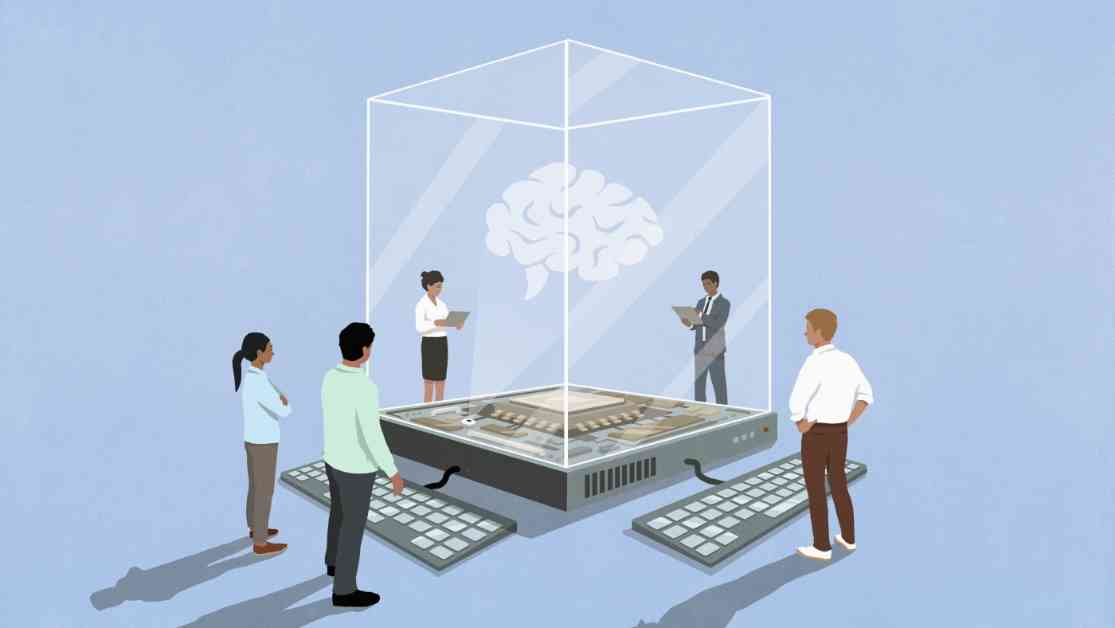In the fast-paced world of artificial intelligence, a 160-year-old economics paradox has resurfaced, intriguing industry leaders and economists alike. The Jevons paradox, named after English economist William Stanley Jevons, is gaining renewed attention as AI technologies continue to evolve rapidly, offering both opportunities and challenges in the market.
The concept of the Jevons paradox, originating from Jevons’ concerns about coal consumption during the Industrial Revolution, has found new relevance in the era of AI. Jevons, a pioneering economist using math and statistics in the mid-19th century, warned of the unintended consequences of increased efficiency in energy use. His theory argued that as technology improved efficiency, it would lead to higher consumption, rather than conservation, of resources.
The fundamental idea behind the Jevons paradox is simple yet profound. When technology makes a resource more efficient to use, the cost of utilizing that resource decreases, leading to increased demand and consumption. As Jevons observed during the coal-powered industrialization of his time, the more efficient steam engines became, the more they were used, driving economic growth and expanding industries.
Fast forward to the modern era, the Jevons paradox has found its way into discussions about AI, raising questions about its potential impact on job markets. With AI making certain occupations more efficient, there is a possibility that rather than eliminating jobs, it could create new demand for human labor. Economist Erik Brynjolfsson points to examples like pilots after the invention of jets, where increased productivity led to higher demand and more job opportunities.
However, the application of the Jevons paradox to AI is not without its caveats. For the theory to hold true in the AI realm, workers must become more productive, translating into lower prices, and consumer demand must surge in response to lower costs. This complex interplay between technological advancements, productivity gains, and labor market dynamics underscores the nuanced nature of the Jevons paradox.
While the Jevons paradox offers a fascinating lens through which to view the evolving landscape of AI and employment, its real-world implications remain uncertain. As history has shown with past technological revolutions, the impact of AI on the labor market is multifaceted, with winners and losers emerging as industries adapt to new technologies.
As we navigate the uncharted waters of AI innovation, drawing insights from the timeless wisdom of economic theory can provide valuable perspectives on the challenges and opportunities that lie ahead. Just as William Stanley Jevons grappled with the implications of coal consumption in his time, today’s leaders and economists are grappling with the implications of AI on our future. In a world where technological change is constant, the lessons of the past can illuminate the path forward, guiding us toward a future where innovation and progress coexist harmoniously.



















